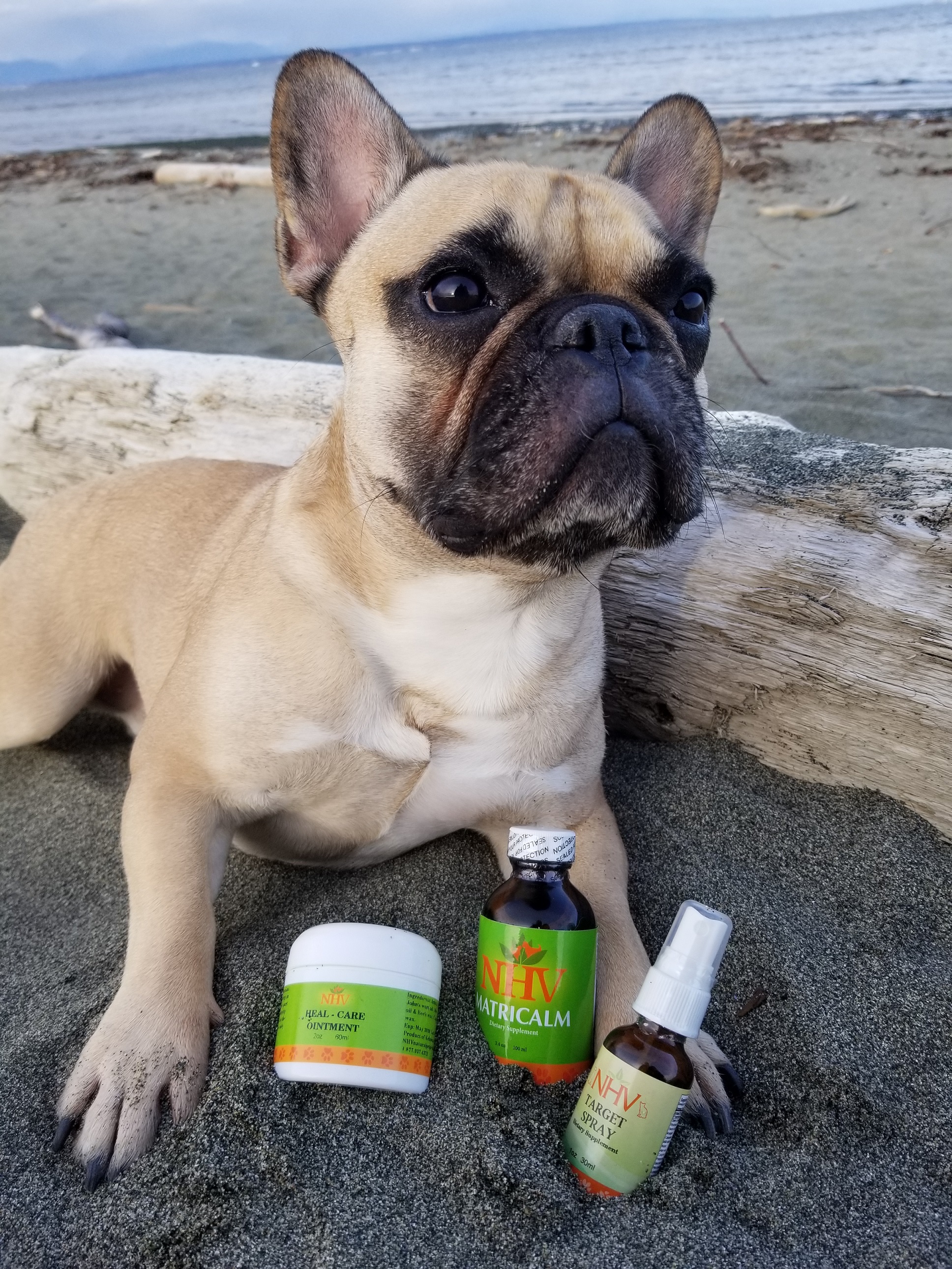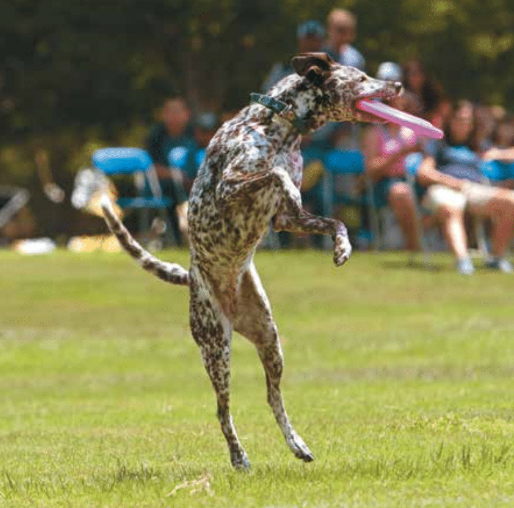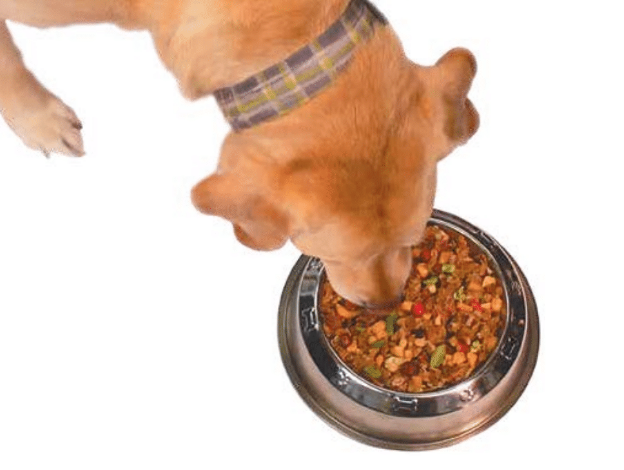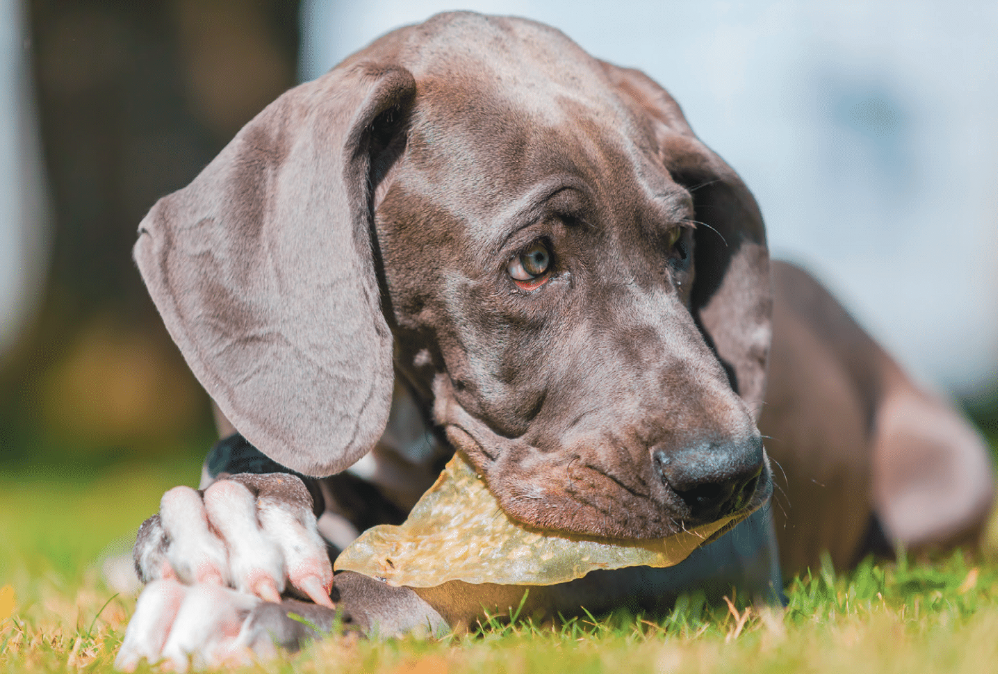You Say You Want a Revolution
Stacy Mantle //November 2, 2015//
Hemp has become one of the most popular eco-friendly manufacturing resources. It’s one of the earliest domesticated plants in existence and for good reasons. The plant thrives in nearly every climate. One acre of hemp can produce as much fiber as two to three acres of cotton and as much paper as two to four acres of trees. In addition to being durable and eco-friendly, this fast-growing green is ready for harvest in as little as 120 days.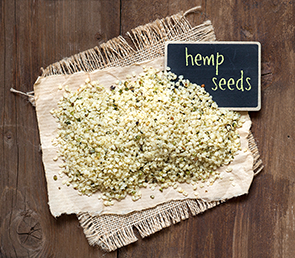
Hemp is durable, naturally resistant to many chemicals and pollutants, and does not require pesticides to thrive. This makes every part of the plant a naturally organic alternative for manufacturers. Since it’s 100 percent biodegradable, the remains of any shredded hemp toys or collars do not damange the environment. The end result is a durable, antibacterial, antimicrobial, mildew-free fiber that is nearly twice as strong as cotton.
Far Out Fabrics
Hemp is being used in everything from toys to collars and leashes to beds.
West Paw Design recently introduced a new Hemp Pillow Bed to their product line.
“West Paw Design chooses eco-friendly, sustainable and naturally durable materials such as hemp because being friendly to the environment is woven into the fabric of everything we do,” said Spencer Williams, owner and president of West Paw Design.
Planet Dog is another favorite with its best-selling, eco-friendly and naturally dyed pure hemp collar. A nylon-reinforced plastic quick release buckle provides durability and safety.
Kristen Smith, marketing manager of Planet Dog, said, “The Cozy Hemp Collar softens with age like a favorite pair of jeans—it’s what you would wear if you were a dog!”
Forward thinking companies such as Honest Pet Products, creator of all-natural hemp and wool toys, are taking responsible manufacturing one step further by developing international partnerships with fair trade companies to create sustainable, environmentally conscious products that make pet owners feel good about what they give their pets.
“Our all-natural wool cat toys are handmade in Mongolia by women of impoverished, nomadic herding families. Through the Snow Leopard Trust’s Fair Trade cooperative, these families earn a living with their traditional wool-working skills,” said Mary Wolff, president of Honest Pet Products. “In exchange, herders agree to protect the endangered snow leopards that share their habits.”
Medicinal Purposes
New to the industry is the use of natural oils and compounds known as cannabinoids from the hemp plant. Cannabidiol is not psychoactive like the more commonly known compound, phytocannabinoid tetrahydrocannabinol, or THC. Cannabinoids are a class of diverse chemical compounds that act on cannabinoid receptors on cells that repress neurotransmitter release in the brain. Naturally occurring CBD has been proven extremely effective in human patients with epilepsy, behavior disorders, pain management and other neurological problems. As a result, it’s believed that CBD offers these same benefits to pets, particularly senior pets or those with chronic pain and health conditions. We’re seeing this therapeutic compound appear in treats and supplements designed for all species, including dogs, cats and horses.
Companies like Canna-Pet and Hemp Health are leading the CBD pet care revolution.
“There is extraordinary confusion about the differences between CBD and medical marijuana, and we know that a first step in educating the public is to create products that take smoking and THC out of the picture,” said Katarina Maloney, co-founder of Hemp Health, Inc. “High strain CBD hemp is naturally rich in these therapeutic compounds—especially cannabidiol. Phytocannabinoids, terpenoids and flavonoids are compounds in cannabis that naturally interact with the nervous and immune systems of animals.”
Hemp Health creates products from industrial hemp, the high CBD, low-THC strain used to make materials like ropes, textiles, and paper. An organic, kosher and vegan product, Hemp Health sources from sustainable farms in Germany, Denmark and other European countries.
While several studies are currently underway to assess the benefits of CBD in pets, the science is far from perfect and dosing requirements can vary dramatically. Official dosing has yet to be established and can range from the 616 rule (6 mg per 100 pounds every six hours) to other individual metrics, such as 1 mg per 10-20 pounds of weight.
According to Canna-Pet, one of the first CBD products designed specifically for cats and dogs, a pet would have to “…ingest the equivalent of 1.25 times its own weight (approximately an absurd 60,000-120,000 Canna-Pet capsules), before the THC level would approach toxicity.”
Auntie Dolores is well-known for creating a marijuana edibles brand that’s sold throughout California. They also produce Treatibles brand CBD pet treats.
“Treatibles was created because we wanted to make treats for dogs and we’re in the business of infusing medicine into treats,” said Julianna Carella, founder and CEO of Auntie Dolores and Treatibles. “Our metric is 1 mg per 10-20 pounds of dog weight.”
Things to Consider
If you’re considering adding CBD supplements to your retail aisles, it’s important to do your homework on choosing a reputable supplier.
“The CBD that is produced in high-quality products like those from Hemp Health are produced in a quality-controlled lab and contain no fillers, preservatives, solvents, pesticides, herbicides, chemical fertilizers or any other additives,” Maloney said.
While there are reportedly many benefits—and many success stories —companies that manufacture the supplement are unable to share them all as the FDA continues its scrutiny of all-natural product claims. Veterinarians cannot legally counsel you on marijuana as an option for pets if there are still conventional methods of treatment available to try. However, many vets believe so strongly in the powerful natural benefits of CPD that they will offer the option to terminally ill patients. Others are waiting for the science to back it up.
One thing is certain: The use of hemp and CBD is on the rise and retailers who adapt quickly to this profitable trend will be leading the pack of the hemp revolution.





